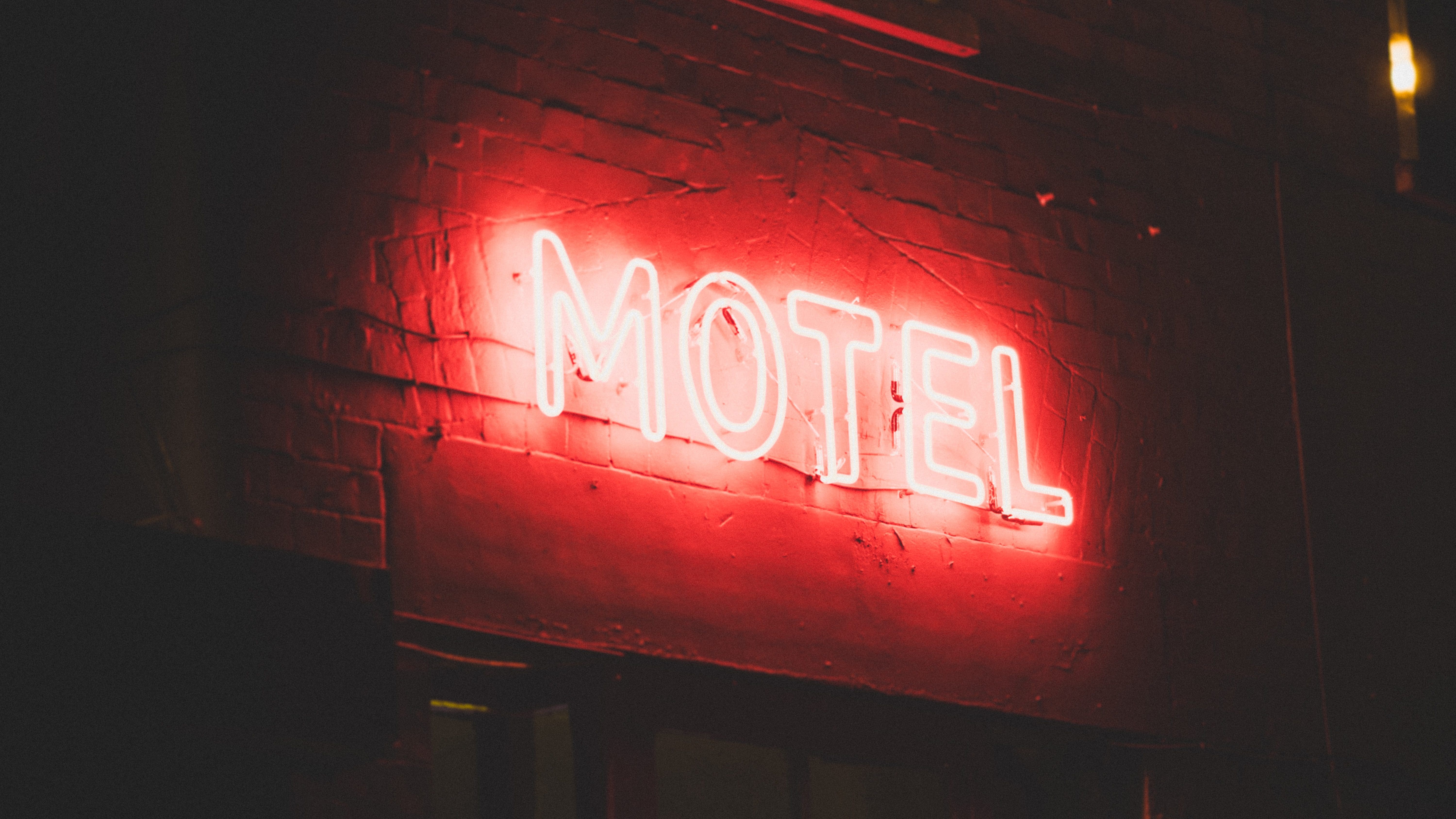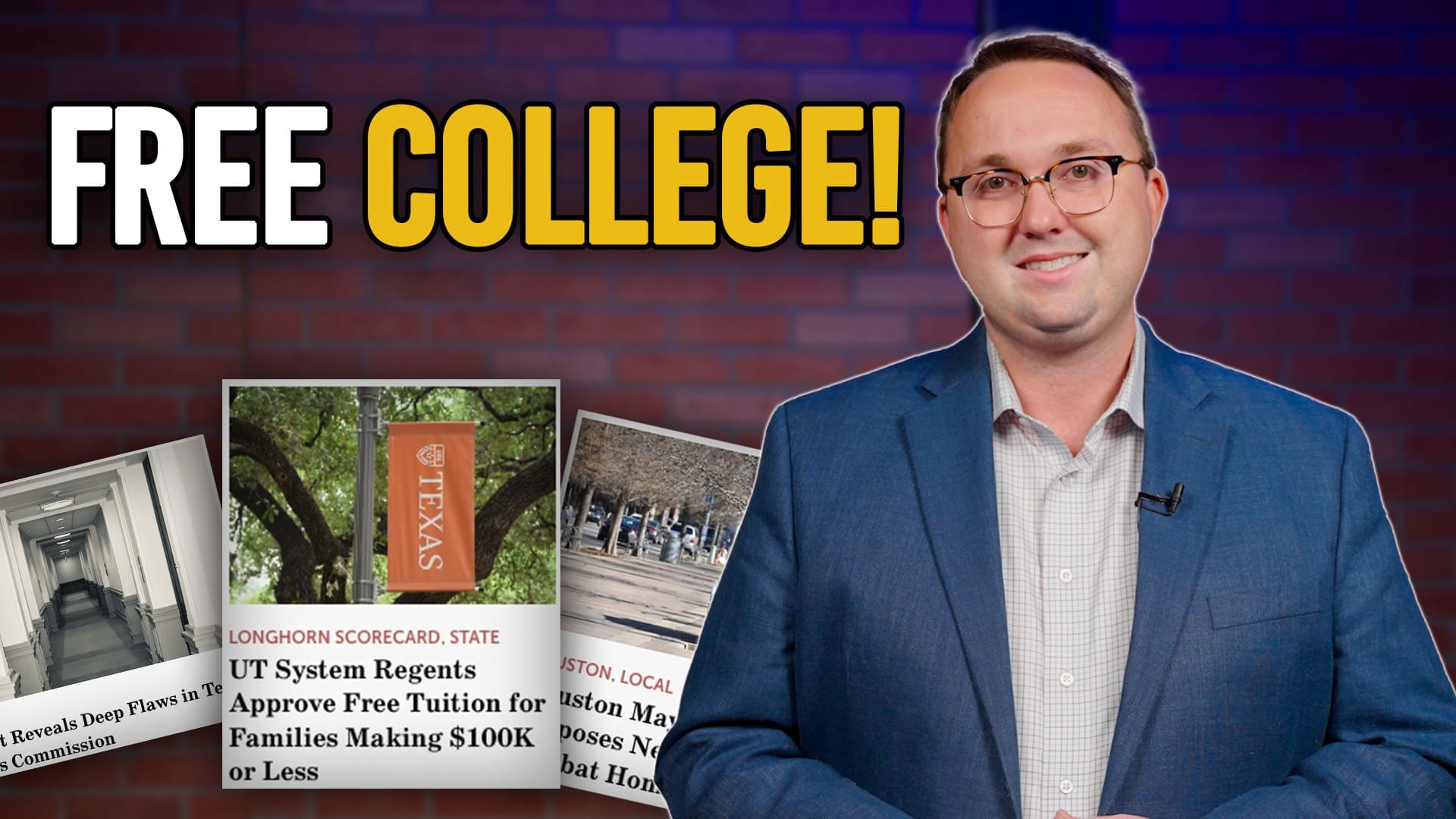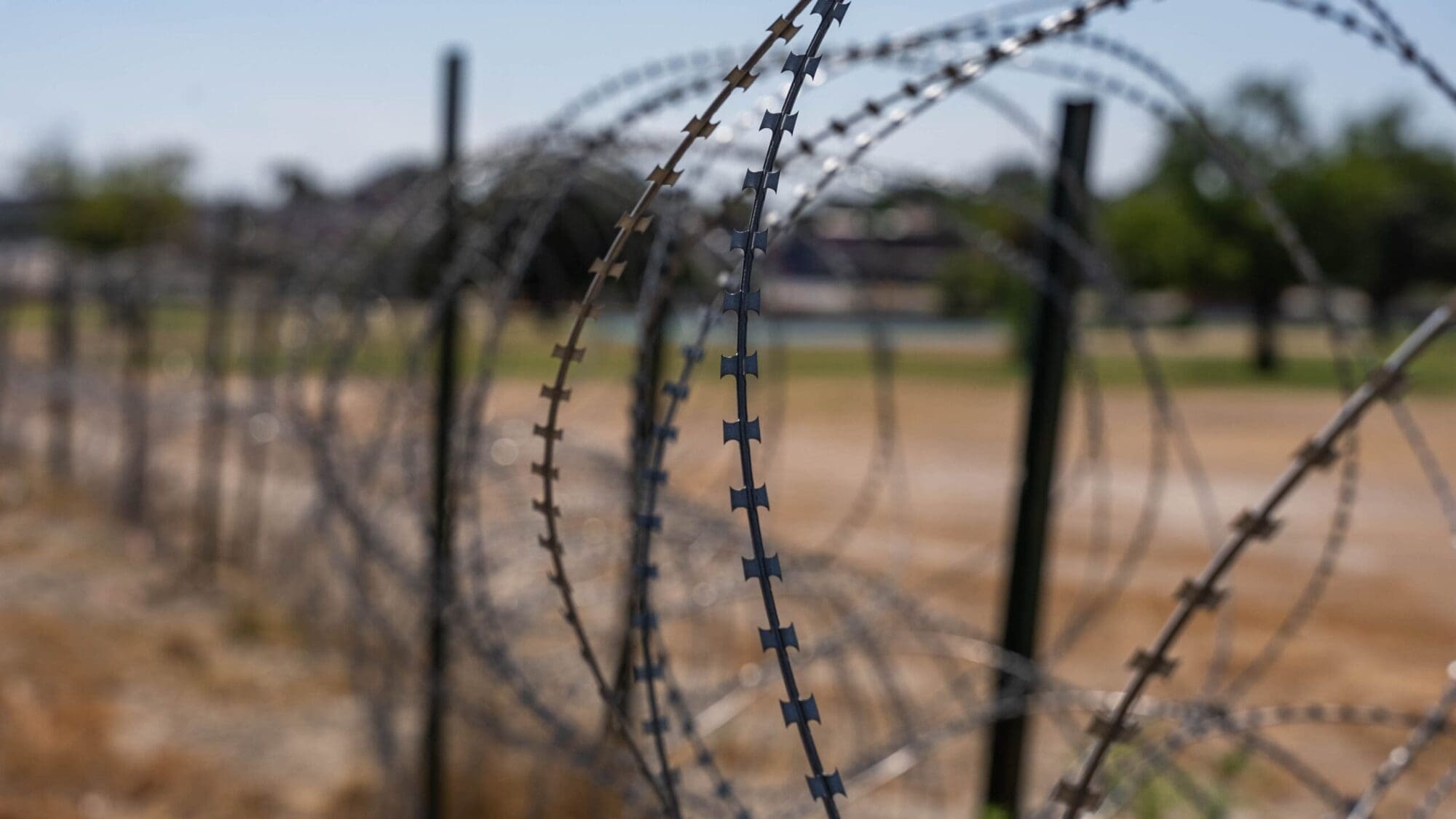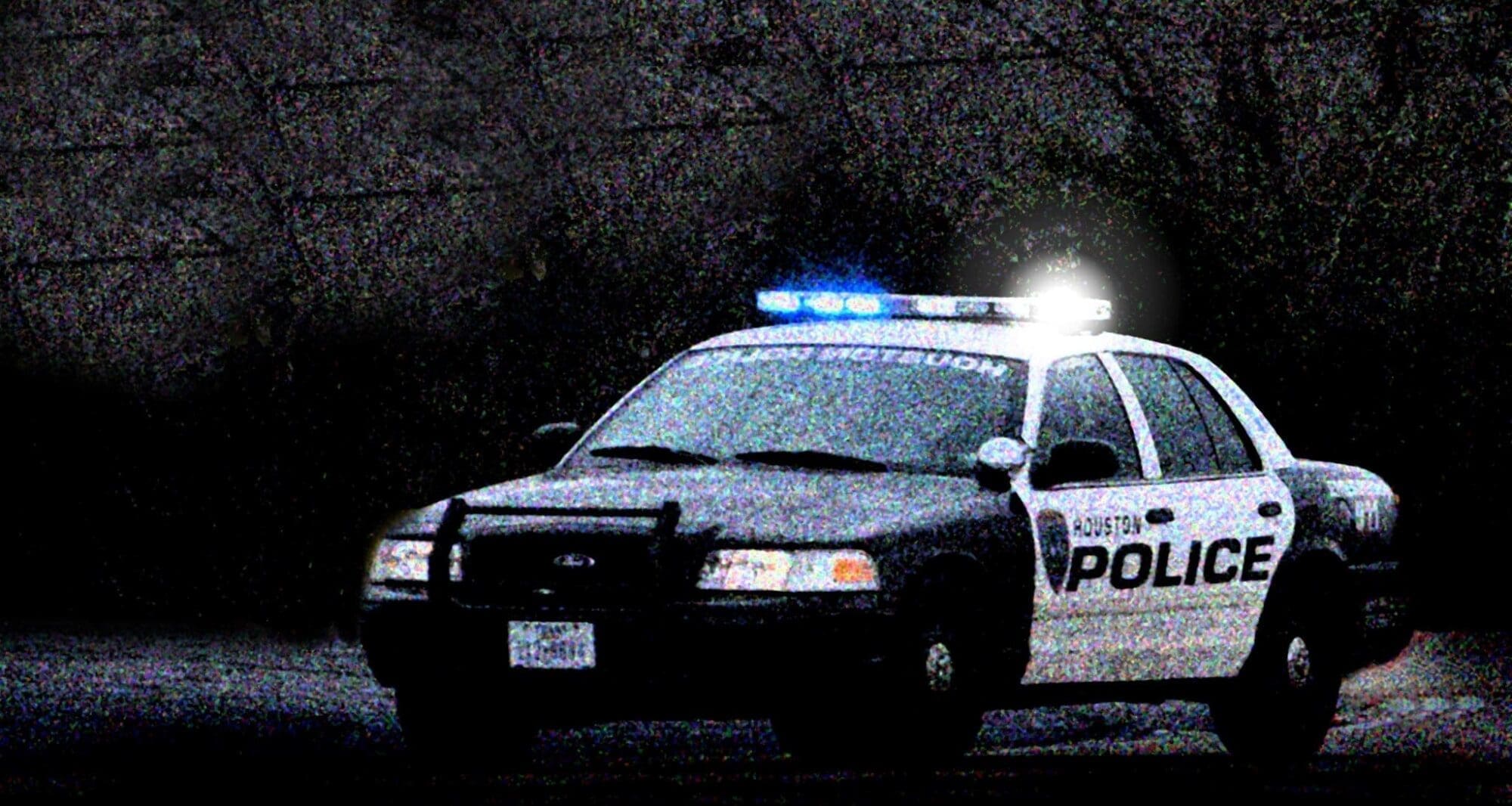AUSTIN — After several tumultuous months in Texas’ capital city, local officials have a new plan for their homelessness crisis: spend tens of millions of taxpayer dollars on homeless hotels.
Last month, the Austin City Council unanimously agreed to buy the southeast Rodeway Inn for $8 million and convert it into a hotel for homeless people, a shelter that will be “low-to-no barrier,” meaning individuals can enter without any background check, stay as long as they want, and don’t even need to be sober while they’re there.
Now, the council wants to create more places just like it.
At a Tuesday city meeting, council members discussed the possibility of purchasing another hotel as soon as next week.
“Folks will be able to stay there as long as they desire to,” said Matt Mollica, executive director of Austin’s Ending Community Homelessness Coalition (ECHO), the organization that will manage and pay for the operation of the city’s homeless hotels. “There will be some folks that identify the hotel as a long-term solution. We need to be flexible and allow that to be the case.”
However, even council member Kathie Tovo, a staunch progressive, expressed some concern about the financial details of the plan.
“It’s not at all clear to me what the funding strategy is,” Tovo said. “Before we continue with this strategy, I’d like to see a business plan, a real plan for how the funds are going to be raised to make these [hotels] successful. Because otherwise, we have several pieces of real estate that are standing vacant, and we already have several standing vacant that could be better utilized at the moment.”
We did the math: just for the Rodeway Inn, the city council will spend $100,000 per initial homeless resident—and that’s not even including the ongoing cost to operate and maintain the place, which Mollica estimated would be around $1 million per year.
Aside from the soaring costs of the plan, the council’s decision has angered residents who live and work right next to the hotel. They say they’re already disturbed by the crime in the area, and that creating a resort for all of the city’s vagrants, including registered sex offenders, will further threaten everyone’s safety.
“We have had countless break-ins into homes, car thefts, drive-by shootings, our mail being stolen and vandalized. All of this has been primarily homeless activity,” said Mark Thompson, vice president of a nearby neighborhood homeowners association. “We have spoken to [Austin police] on numerous occasions, and they have confirmed that this is homeless activity in our area. It is mostly driven by the drug trade that’s going on in our area.”
“It’s crack central,” said Andres Perez, who has a car-detailing business next to the hotel. He said in his two years there, the area has quickly become dangerous, with constant drug deals and prostitution.
“Almost daily, I have to contact the authorities to be able to clear out people from coming in and buying drugs on my property after hours,” Perez said, who added that he is now always armed. “I’m constantly watching out for my safety and the safety of my employees.”
“To just put all [the homeless] in a really shoddy hotel a few hundred feet from where we live … is just going to make the problem so much worse,” Thompson added.
The council’s new homeless hotel plan is the latest episode in a tumultuous several months in the city of Austin.
The story began in June when the Austin City Council made it legal for vagrants to camp, sit, and lie down in public spaces across the city. Almost overnight, Austinites saw their streets, sidewalks, and highways littered with campsites and tent cities.
Council’s decision sparked a wildfire of public contention, prompting a slew of law enforcement and elected officials to speak out against it. Nearly 50,000 citizens even signed a petition calling for the law’s reversal.
After four months of public outcry and safety risk—and a public warning from Texas Gov. Greg Abbott over citizens’ safety—the council finally met and changed their law. But they chose to reverse only parts of it.
Now, the council’s latest “solution”—spending $100,000 per person to congregate the homeless in a “low-to-no barrier” motel next door to neighborhoods—is already giving Austinites even more reason to lose confidence in their liberal city council.
“If the city’s going to build this homeless shelter, they need to build a fence around our place, but I don’t want to live in a prison,” continued Thompson. “A lot of people are going to be leaving as a result of this.”





